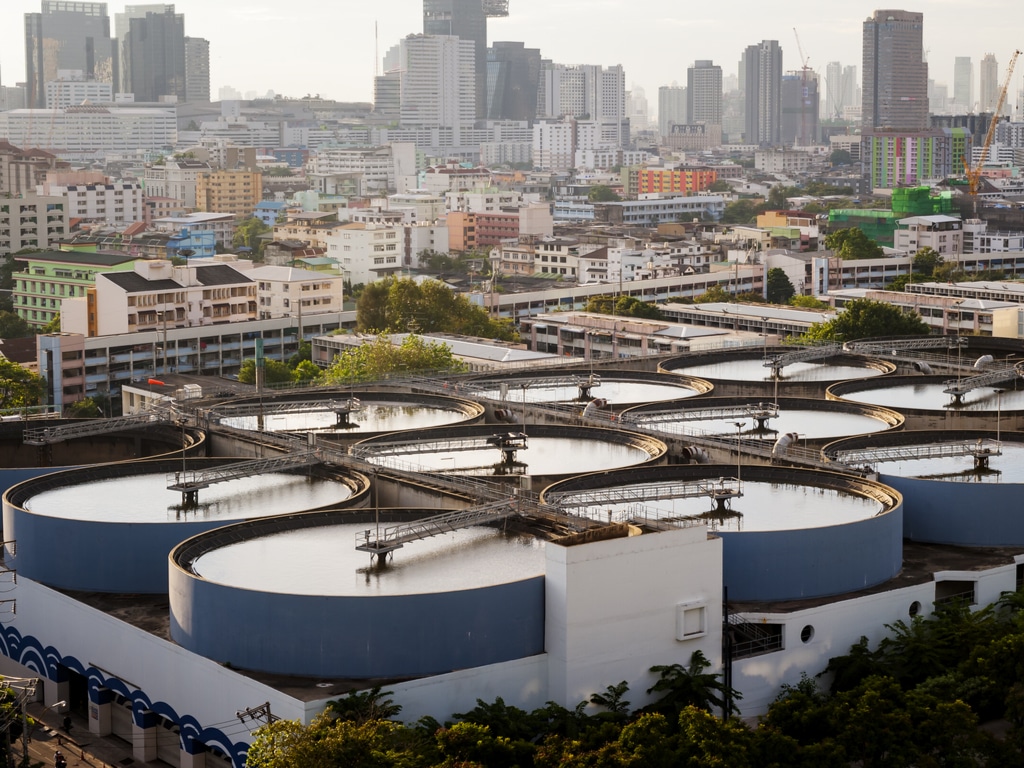The contribution of the private sector could be decisive for the improvement of wastewater management in Tunisia. The National Sanitation Office (Onas) wants to grant two concessions for wastewater management in this North African country. The initiative is part of a pilot project aimed at improving the country’s public collective sanitation service.
Thus, Onas wants to grant a concession for the management of wastewater management facilities in the northern part of Greater Tunis. The concession will include a 1,240 km wastewater collection network serving 231,000 public service subscribers. The operator who will be awarded this contract will be responsible for 52 pumping stations as well as a wastewater treatment plant capable of treating 40,000 m³ of wastewater per day.
The second and largest concession will be awarded for wastewater management in the governorates of Gabès, Médenine, Sfax and Tataouine. The future operator will be in charge of a lot comprising 1,898 km of wastewater collection networks, 106 pumping stations and 14 wastewater treatment plants with a cumulative capacity of 137,000 m³ per day and serving more than 167,000 subscribers.
State-financed works
According to our colleagues at La Presse de Tunisie, the two contracts will include the initial upgrading and major maintenance-renewal (GER) work, on the one hand, and the operation and maintenance of the works, on the other hand. The concessionaires will be required to define and carry out all the rehabilitation work of the sanitation facilities granted, as well as additional deodorization and disinfection work.
The ESM works will be entirely financed by the Tunisian government. The aim of this pilot project for the delegation of wastewater management is to improve the service in the country’s major cities and to extend it to rural areas. To date, Onas manages 17,500 km of wastewater collection network connected to 795 pumping stations and 122 wastewater treatment plants in Tunisia.
Jean Marie Takouleu
